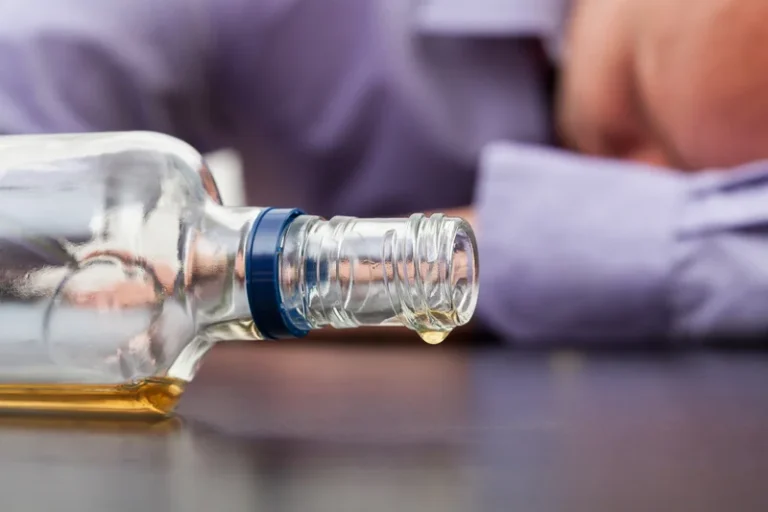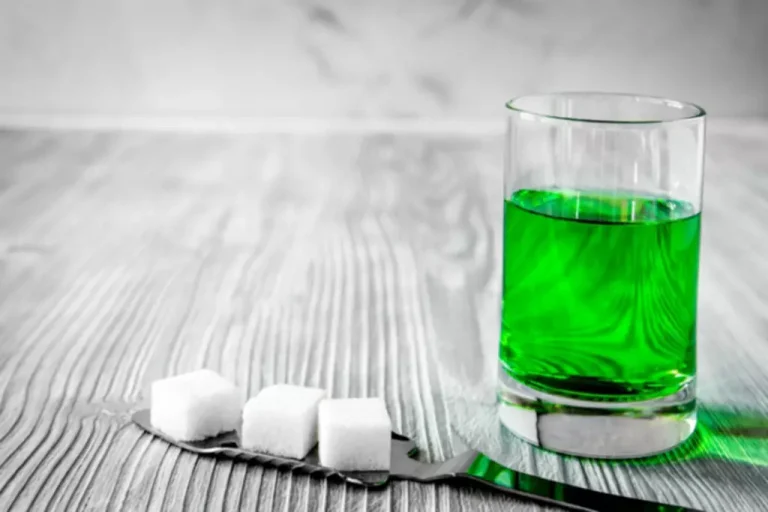Narcissism and Addiction: Understanding the Link

It is also recommended to utilize family or couples counseling to heal relationships as well. When people have a mental health condition that co-occurs with a substance misuse disorder, such as AUD, doctors may refer to this as dual diagnosis. A 2019 study looked at the link between narcissism and alcohol https://ecosoberhouse.com/ consumption in a questionnaire of 345 college students. Both grandiose and vulnerable narcissism were predictors of alcohol consumption and alcohol-related problems. According to the National Institute of Mental Health, 22.6% of people with a personality disorder may also have a substance misuse disorder.
Dual diagnosis
Although NPD can’t be cured, someone with NPD can change their behavior if they’re willing to put in the time and effort, according to research from 2018. To get started, contact a doctor or other healthcare professional, or reach out to a therapist. People with NPD tend to have difficulty receiving criticism from others, and as such, they might find it difficult to commit to psychotherapy and lifestyle changes.

What’s The Relationship Between Alcoholism And Narcissism?
In both NPD and AUD, childhood trauma — including abuse and neglect — may be a risk factor. Further research into the causes of AUD might help experts develop more treatment options. People who are genetically predisposed to experience unpleasant side effects of drinking are less likely to drink often, making AUD unlikely. It’s worth noting that the DSM-5-TR doesn’t use the term “alcoholism,” but the term is still used colloquially to refer to AUD. By building support from family and friends, you are more likely to stay on course with your dual treatment plan and avoid the stress that can make AUD and NPD worse. Alternatively, you can access support symptoms for each condition separately.

Salt Addiction and Depression: The Hidden Link Between Sodium and Mental Health
While these similarities exist, it’s important to note that alcoholism and narcissism are different conditions with unique characteristics. Both alcoholics and narcissists tend to view others as either enablers or potential threats. Alcoholics may see others as people who can help them get attention or maintain their addiction, while narcissists may view others as people who can either boost or damage their self-esteem. The cycle of addiction and narcissism is complex and can be challenging to break. These treatments can help individuals achieve sobriety, promote personal growth, and establish healthier ways of relating to oneself and others.
- In such cases, it’s vital to opt for treatment centers that can tackle both issues.
- Therefore, the presence or absence of external validations of their value determines whether a person may have the traits of grandiose narcissism or vulnerable narcissism.
- In addition, the need to constantly look and act perfect may cause some people with NPD to develop depression, anxiety, or other mental health symptoms.
- They may also exhibit a sense of entitlement, demanding unwavering attention and validation.
- Individuals with low self-esteem may feel a constant need for validation and attention, which can trigger drug or alcohol abuse.
How to determine the cause of your loved one’s behavior.
- It can be hard to hold a connection with someone who appears to only think about themselves.
- For each regression model, gender, social desirability, and alcohol use (in the models where it wasn’t the outcome) were entered at Step 1.
- Addressing both conditions simultaneously through integrated treatment can lead to effective recovery and a healthier future.
- A 2014 study looking at infidelity also found that people with narcissism were more likely to be unfaithful during a relationship.
Your therapist can work with you to identify effective ways to cope with difficult emotions, such as mindfulness practices, exercise, or creative outlets. However, other individuals may benefit from alternative approaches, such as cognitive-behavioral therapy or holistic therapies like yoga and meditation. In a study published in the Journal of Addiction Medicine, people with NPD were likelier to have a gambling addiction than those without the disorder. If you are in a relationship with someone who struggles with addiction, and is a narcissist, you may find it difficult or impossible to figure out what, precisely, you should be doing, thinking, or feeling. Groups that provide support, such as 12-step programs, are an important resource for those in recovery.

While narcissistic traits can cause problems in relationships and other areas of life, they do not necessarily indicate a larger mental health issue. Supporting a loved one struggling with narcissism and alcoholism can be difficult, but it is important to approach the situation with compassion and understanding. Supporting them with emotional support and encouraging them to seek professional help can be effective ways to help them overcome their addiction and manage their narcissistic tendencies. Taken together, self-regulatory mechanisms—particularly the regulation of a chronically instable self-esteem—play a major role in the relation between narcissism and addictive behavior. For substance-related behaviors, this is most evident in substance use to cope with negative affect due to lack of others’ admiration and feelings of shame related to narcissistic vulnerability.
How Does Alcoholic Narcissism Impact Society?
- By implementing these strategies, society can better address the public health challenge posed by alcoholic narcissism.
- So, how to stop the relationship between alcoholism and narcissism from gaining momentum?
- After detox, you can begin a rehab program that is tailored to your specific needs.
- Traits like narcissism and personality disorders like NPD are long-standing.
- Alcohol is sometimes used as a maladaptive coping mechanism to help people with NPD manage insecurities and emotional discomfort.
- For instance, research has shown that genetic predispositions can place a person at risk of NPD.
A loved one’s drinking and selfish behavior can be devastating and cause a great deal of pain and disappointment. If you’ve ever wondered if your loved one’s issues involve only their drinking problem or may in fact involve narcissism as well, consider narcissism and alcoholism the following symptoms. A 2019 study found a link between vulnerable narcissism, shame, and an increased likelihood of problem drinking and gambling. Vulnerable narcissism features traits like low self-esteem, helplessness, and rejection sensitivity.

Research has shown that there is an overlap between alcohol use disorder and personality disorders, including NPD. One study found that among individuals who reported alcohol use, 9.1% were diagnosed with NPD at some point during their lives [1]. They may marry, obtain a good job, and even have a family, but there is little peace behind the façade. To cope with the crippling self-doubt and self-hatred, many will turn to drugs and/or alcohol. Studies have shown links between narcissistic behavioral patterns and substance abuse issues (Calvert-Conley, 2020). Excessive drinking or drug use can cause a narcissist to spiral into destructive behavior, thus attracting attention and care from others.
